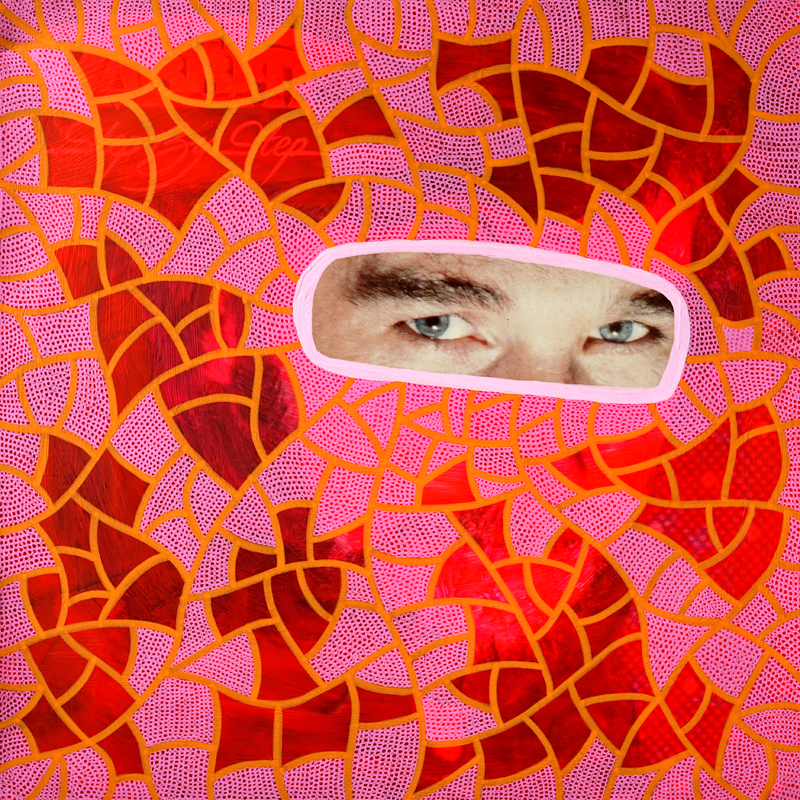Jewish manhood was in the news last week: Philip Roth’s death, followed by Jeffrey Tambor’s close reading of his own sexual misconduct accusations, followed by most of the male Arrested Development cast punting the discussion of Tambor’s misbehavior on set. In the Rothian treatment of such a sequence of events, a male narrator might meditate on greatness or injustice or mortality or all three, but the affected women would get barely a line of dialogue.
Except in this version, they did. Novelist Dara Horn wrote a smart op-ed in the Times reflecting on Roth’s warts-and-all close-ups of New Jersey Jews, and how his belief in the power of unflattering but sympathetic stories to humanize marginalized people didn’t extend to Jewish women. And actor Jessica Walter, during the group Arrested Development interview, tried to get her complex feelings about Tambor on the record — his treatment of her, including “blowing up” at her, had been difficult, but she wanted to let go of her anger — even as her colleagues explained away his behavior in the name of “family” or “show business” or “context.”
Interjection/confession: I love Philip Roth. The Ghost Writer, in particular, is the novel that crystallized a belief I return to again and again: that Jews, and other minority groups, have to be able to tell the messy stories about themselves, not just the ones that will be “good for the Jews, in order to gain full acceptance. For Roth, as Adam Kirsch points out, America was where we didn’t have to hide our skeletons. The false narrative of innocent victimhood, in fact, was the very one that would eventually get us in even more trouble. If society only accepts us when it believes us to be on our best behavior, what happens when the worst comes out, as it inevitably does? Roth was the Jewish voice in the long, multicultural 20th century conversation about respectability versus authenticity.
I also, at one time, loved Jeffrey Tambor’s acting, and what Transparent had seemed to mean for the television visibility of a Jewishness I knew: raw, emotional, sensual, conflicted, often uncomfortable. But in both Roth’s novels and in the real-life professional worlds behind Transparent and Arrested Development, that visibility seemed to come at the price of others, particularly women. #MeToo has shown us that this is a widespread thing, but it also strikes me as a Jewish thing: Like other minority communities, we’ve often tolerated male anger and boundary-crossing in the name of mainstream acceptance, while women who cross the same lines are known as shrewish and difficult. This can mean that Jewish men get their cultural mirrors — their Zuckermans, their Herzogs, their Alvy Singers and Mort Pfeffermans — while women get only caricatures of ourselves, like the sex-crazed “rangy Amazon” Sharon Shatzky, the neurotic Jewish mother Sophie Portnoy, or even the fat-suited Sophie Lennon character from The Marvelous Mrs. Maisel.
Reading the AD cast interview, I couldn’t help thinking of Tambor as one of Roth’s men, and resenting him for it. In Roth’s My Life As a Man, Peter Tarnopol (very loosely based on Roth himself), “ensnared” in his marriage by a scheming bride, sanguinely and unilaterally records his anguish. There’s no dramatic irony in such a telling — we’re too close to the subject. Tambor seemed to convey a similar narrative in his Hollywood Reporter interview. His oral account of his downfall is almost literary, as if he’s had time to compose it: “If you can picture a man outside a gym forever, in his workout shorts and everything, just staring,” he says of having received a call from Jill Soloway dismissing him from the show.
“I am the kind of person who tells this kind of story,” Roth’s recurring character Nathan Zuckerman insists to a family member who feels exposed and disgraced by his Rothian novel, which isn’t, it goes without saying, “good for the Jews.” In Roth’s universe, the worst comes out, and we are supposed to embrace it, or at least reckon with it, because it makes us human. If it alienates or objectifies others, we’re human in our capacity for alienation and objectification. Tambor has denied the allegations against him, but also brought them up or discussed them at length in two interviews. At the end of the AD interview, Jessica Walter insists that she would work with Tambor again in a heartbeat. If he were really Roth’s character, I might appreciate his candor but never again want to be in a room with him.
But we — by we I mean women, or non-cis men — are in the rooms with these men, whether because we are reading them, looking for ourselves, or because we are working alongside them, looking for ourselves. Many of my favorite books, Roth’s included, mattered to me before I saw myself as a woman, before I was aware that my view of the world had been, or would be, different because I was female. To read like this, for however short a time, is a privilege, but also crudely aspirational. I read Roth and Bellow and Updike and all the rest so I could live, however temporarily, like a man — or like, in the worlds of many of those novels, a human with joys and intelligence and flaws.
Roth is dead, alav hashalom, and Tambor is still standing outside of the gym, his life changed forever. It’s our turn now — Jewish women, trans women, women of color — to say “I am the kind of person who tells this kind of story.” Let’s take the honesty and complexity Roth so prized for himself and his male characters and give it back to women. In the worlds these men built, we were little more than footnotes. What will they look like after we rebuild them in our own image?
Header image via Naomi on Flickr.



